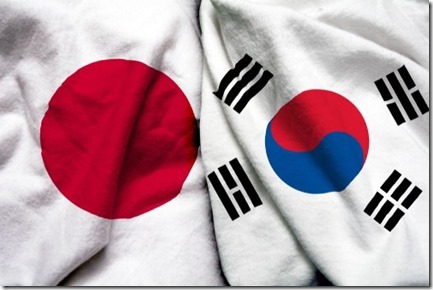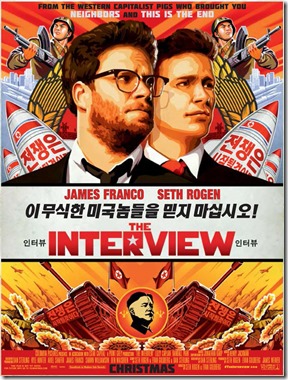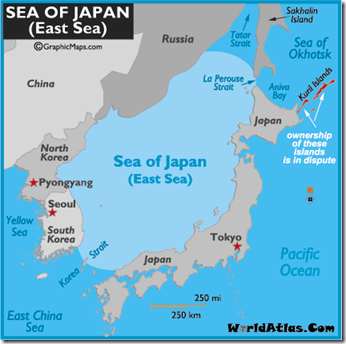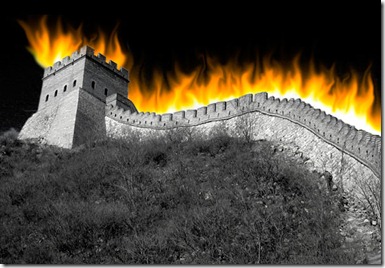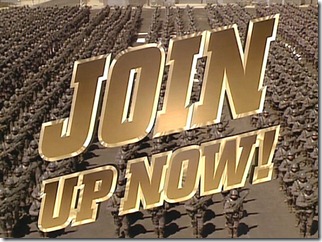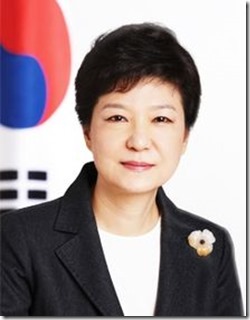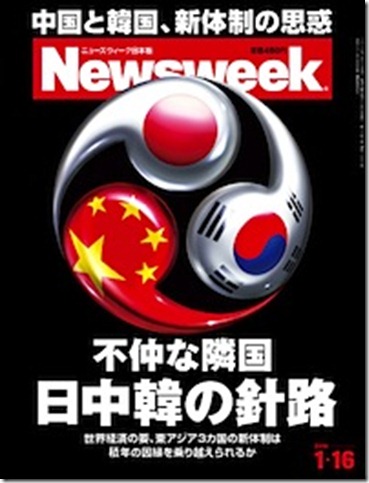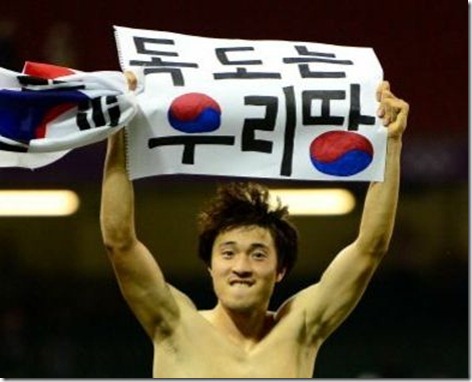 US politics is part of my teaching load here in Korea where I live. Inevitably, part of that is the US gun debate. The US fascination with guns bewilders foreigners – and that is putting it mildly.
US politics is part of my teaching load here in Korea where I live. Inevitably, part of that is the US gun debate. The US fascination with guns bewilders foreigners – and that is putting it mildly.
I have lived outside the US for almost 18 years – in East Asia and Western Europe – and I have discussed guns in America with non-Americans countless times. I am a political scientist by training, so this comes up a lot. Non-Americans are genuinely curious why we allow private fire arm ownership, especially when it so obviously correlates with gun violence. I can say that I have never had a non-American tell me they wished their country had US gun laws. Not once.
I have written a lot on foreign perceptions of US gun ownership on Twitter in the last two days. Try this, this, this, this, and especially this.
In short, there is no other country in the world which approaches guns with the laxity we do. More importantly, no other conservative party in a democracy approaches guns as the Republican party does. Often my foreign students do not even understand how gun ownership is a ‘conservative’ or partisan issue, which I think would surprise a lot of Americans. Conservatives in other countries are not gun fetishists. Even other societies with a frontier tradition – Canada, Australia, New Zealand, South Africa, Russia – do not have the gun culture we do.
No one else thinks about Mad Max/government collapse scenarios which would require you to be armed for the end times. (Trying to explain American apocalypticism to non-Americans is almost impossible.)
No one else talks about an ‘armed citizenry’ resisting tyranny, like in the movie ‘Amerigeddon.’ In trying to explain this one, my students often can’t even figure out why they would be battling their own democratic government. Good question!
And then they wonder how regular Americans with guns could outshoot the heavily-armed cops or military. They can’t, of course. Another good question!
And very definitely, no one wants armed teachers, metal detectors in schools, open carry, concealed carry, and so on. Hardening schools and letting regular people walk around packing guns strikes non-Americans as insanely dangerous.
Inevitably then, I get three or four papers about guns in my US politics class each year. They are uniformly negative and incredulous. One particular title I remember from years back: ‘The US is a Gun-ocracy.’ That just about sums it up.

